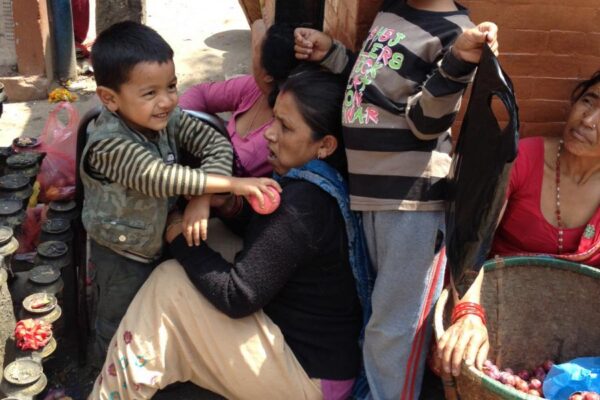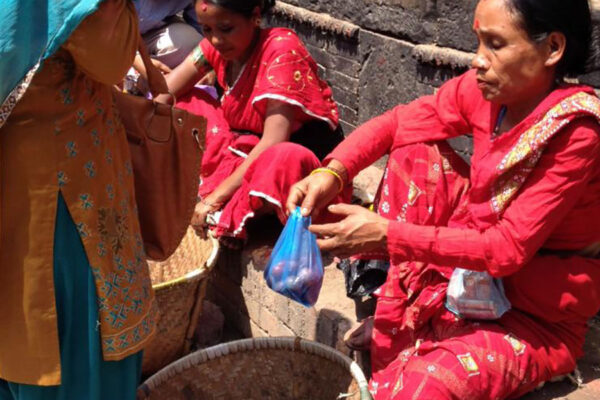Exploring Research Capacity In Nepal
Situated between two colossal neighbours, it’s easy to forget that Nepal is not a small country and is home to nearly 28 million. The people, natural resources and stunning-scenery are first-class attractions.
A decade long conflict ending in 2006 left the country with depressed economic growth, without a functioning government and in need of a new constitution.
The international community, comprised of businesses, INGOs and donors, has committed significant resources to building peace, stability and prosperity in Nepal. These organisations, our clients, need high-quality key services like research, analysis, stakeholder engagement, project management and technical assistance to help them in their work.
Integrity joined a minister-led UK delegation to Kathmandu in early June to better understand Nepal’s challenges and opportunities and to explore the availability of services and constraints local research organisations face in winning and delivering high quality work.
CEO Anthony Ellis and Melyn McKay met with a number of donors, implementers and local research groups. Several key themes are apparent:
- There is uncertainty around what core research services local providers offer and to what level of quality.
- Nepal’s research organisations are local, regional and international – with firms working as far afield as South Sudan.
- Some organisations suffer from “founder syndrome” and struggle to delegate decision-making, build systems around delivery and quality assurance and invest profits back into developing support staff.
- Academia in Nepal has yet to develop robust curricula around research, monitoring and evaluation. As such, training opportunities are limited and practitioners must go out of Nepal to study or they are expected to learn on the job.
- Donors often set “national” consultant rates, which may not be accurately calculated so as to allow an organisation to achieve the margins needed to grow their company and capabilities. This can disadvantage Nepalese with an international standard of education and experience looking to work in their home country.
- Data collection in Nepal is significantly challenged by the extremity of the mountainous terrain; donors need to allow adequate time for movements between sites.
- Research design and data analysis is often weak because of the lack of formal training. Data collection is generally perceived to be of good quality.



